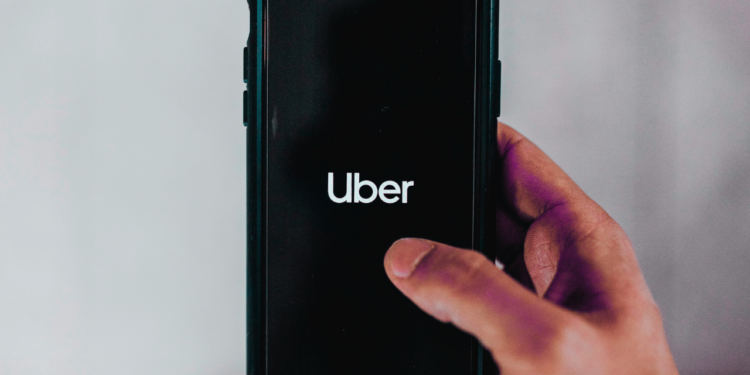What’s going on:
The 3rd U.S. Circuit Court of Appeals – located in Philadelphia – ruled that Uber Drivers are bound by mandatory arbitration agreements when work-related disputes arise.
The ruling means that Uber drivers are required to bring work-related legal disputes in arbitration, rather than allowing them to join class action lawsuits in court, according to Reuters.
The ruling stemmed from a proposed class action accusing Uber of misclassifying drivers as independent contractors rather than employees.
Why it matters:
The issue of how to classify gig workers at the state and federal level is a big topic of debate as more and more of the workforce in the United States join the gig economy.
The outcome of this case has significant implications for the future of independent contractors, and remote workers. This kind of case determines whether gig workers can bring large-scale class actions or must individually arbitrate legal claims. Arbitration is often seen as impractical due to the small sums involved in individual cases, making it difficult for gig workers to seek redress for their grievances.
How it’ll impact the future:
By requiring gig workers to arbitrate their legal claims individually, it may become more challenging for them to address issues such as misclassification.
Employees are eligible for overtime pay, reimbursements for work-related expenses, and other benefits, which can cost companies up to 30% more than contractors, according to Reuters. Consequently, this ruling may limit the ability of gig workers to collectively advocate for better working conditions and fairer treatment potentially perpetuating the current challenges faced by many in the gig economy.



 Dr. Gleb Tsipursky – The Office Whisperer
Dr. Gleb Tsipursky – The Office Whisperer Nirit Cohen – WorkFutures
Nirit Cohen – WorkFutures Angela Howard – Culture Expert
Angela Howard – Culture Expert Drew Jones – Design & Innovation
Drew Jones – Design & Innovation Jonathan Price – CRE & Flex Expert
Jonathan Price – CRE & Flex Expert










